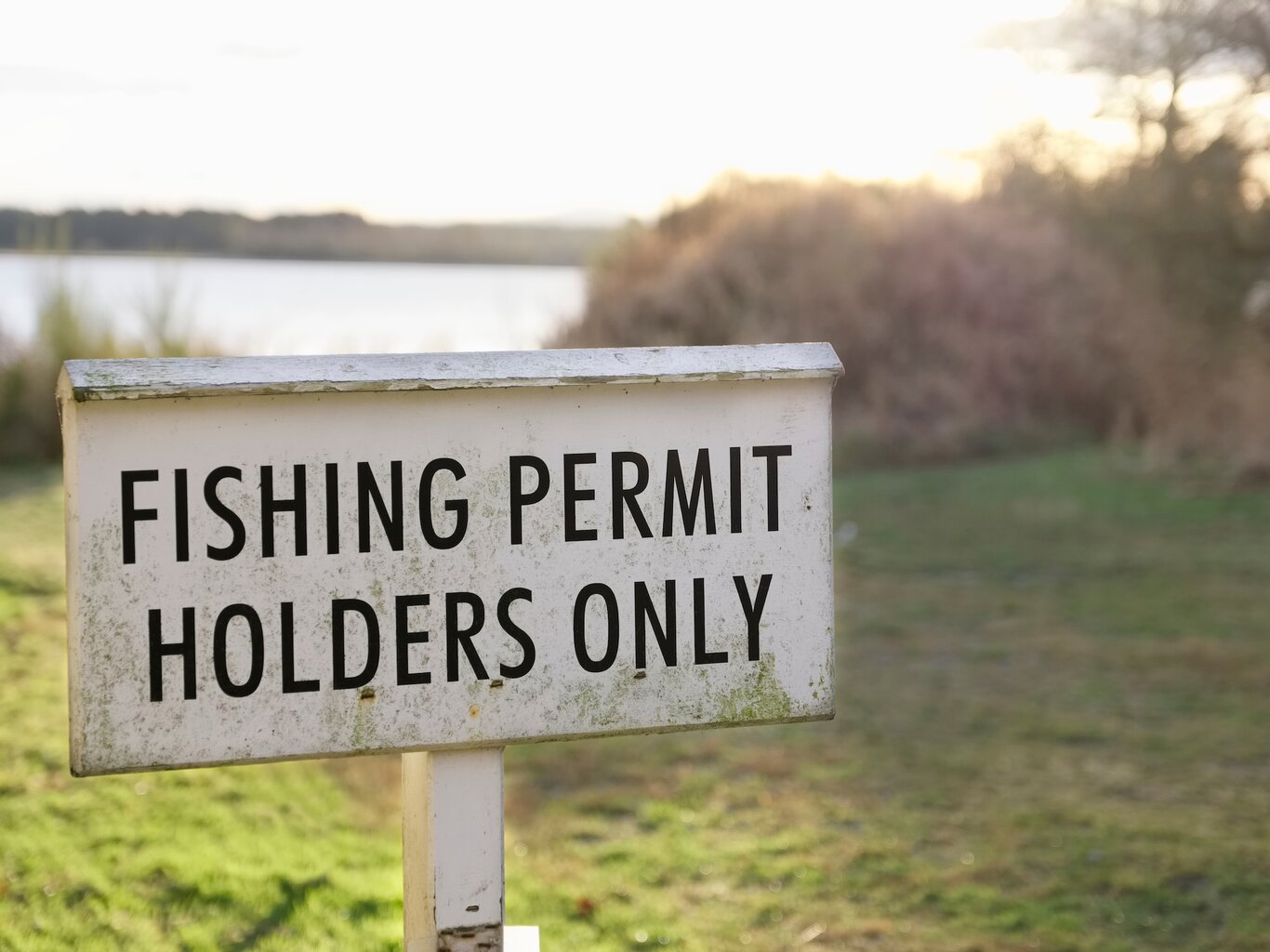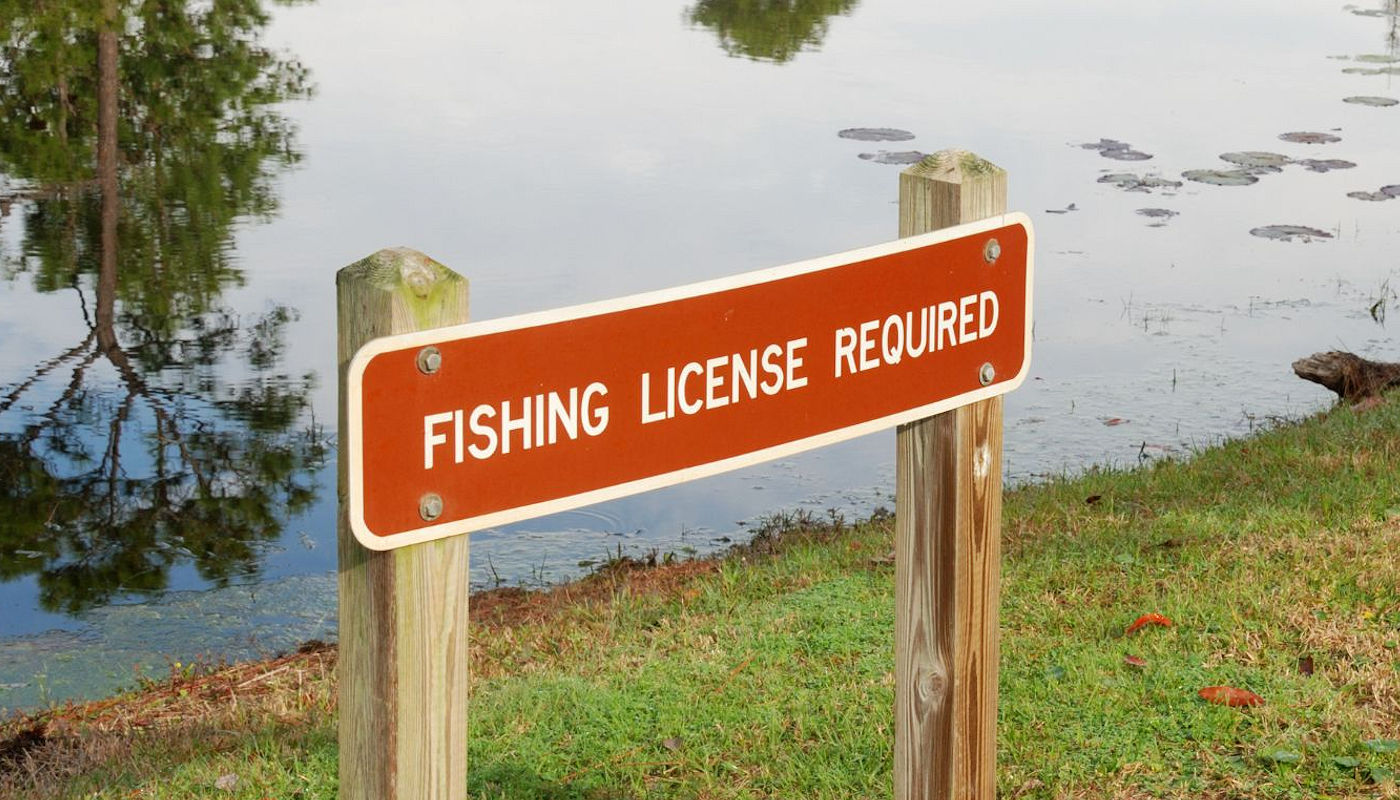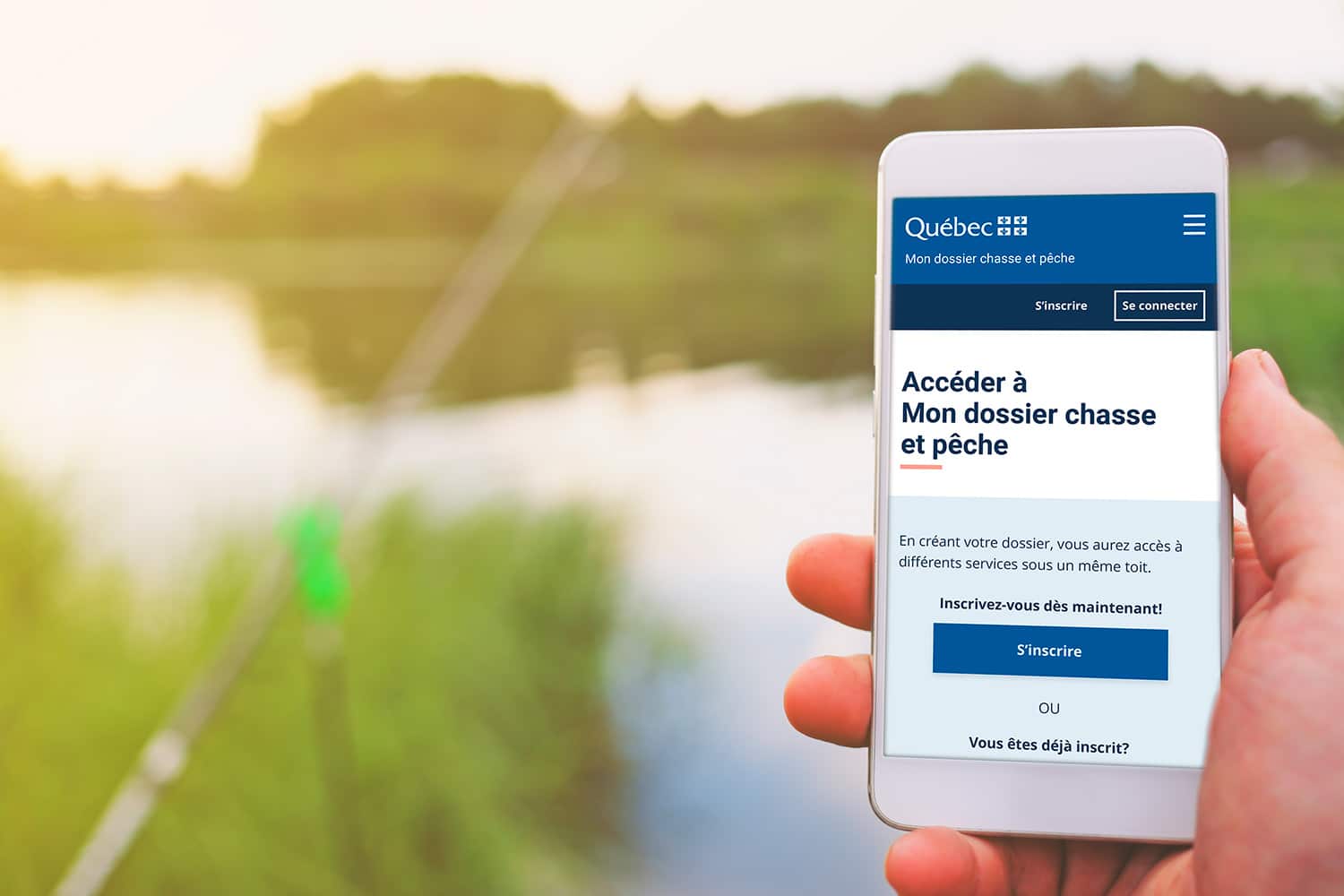Do You Need a Fishing License for Catch and Release? Laws and Rules Explained
I love the peace that comes from a day spent fishing even if I’m just catching and releasing. But before I grab my rod and head out I always wonder if I need a fishing license for catch and release trips. It’s a question that pops up for many anglers who want to enjoy the sport without taking any fish home.
Fishing laws can be confusing and they often change from one place to another. I know it’s tempting to think catch and release means you’re off the hook when it comes to licenses. But the rules aren’t always that simple. Let’s look at what you really need to know before you cast your line.
Understanding Fishing Licenses

Understanding-Fishing-Licenses
Fishing licenses authorize anglers like me to legally fish in public waters. State agencies such as the Department of Fish and Wildlife issue most fishing licenses in the US. Relevant regulations cover both taking fish and practicing catch and release. State officials require licenses to track fishing activities, enforce conservation rules, and manage fish populations. Enforcement applies whether I keep the fish or immediately release them. License laws apply across freshwater rivers, streams, lakes, and saltwater zones, including examples like the Great Lakes and Atlantic coastlines. Temporary, annual, and resident options exist, each with specific fees and requirements. Some places offer exceptions for private ponds, youth anglers, or designated free fishing days, but those vary by state and destination. Regulations frequently update, so I always check the latest information from state authorities before heading out.
The Rules of Catch and Release Fishing
A fishing license applies to catch and release in most states. I follow the same regulatory process whether I release the fish or keep it.
Common Regulations Across States
Fishing license requirements remain consistent regardless of intent. When I cast a line—no matter the method or water type—annual or temporary licenses from state agencies like Fish and Wildlife apply. Freshwater and saltwater rules may differ, so separate licenses exist in states like Florida and Texas. Reciprocal agreements between some states let me fish shared waters if I hold a valid license from either state. License fees support conservation, habitat projects, and education, as state fishery reports confirm.
Exceptions and Special Permits
Certain anglers qualify for exemptions. Children—such as those under 10 in Arizona—or seniors, like residents over 65 in Alabama or Florida, often fish license-free or with discounted rates. Special fishing types, including saltwater excursions in Georgia, sometimes need extra permits, like a saltwater information permit. Fishing on private land falls under different state rules, so some locations don’t require public licenses. I always check relevant exemptions and additional permit rules in my state before I fish.
Why Fishing Licenses Are Required

Why-Fishing-Licenses-Are-Required
Fishing licenses let me engage in catch and release under regulated conditions. These requirements support vital fisheries management across public waters in every state.
Conservation and Funding
Fishing license sales generate funding for conservation efforts. My license fees support habitat restoration, scientific research, and fish population monitoring according to state agency reports. These funds help maintain sustainable fishing opportunities, benefiting future anglers and ecological systems.
Responsible Wildlife Management
Licenses let wildlife agencies monitor angler activity and regulate fishing pressure. My compliance with licensing laws aids in preventing overfishing and maintaining balance in aquatic ecosystems. State regulations rely on license sales data to enforce seasons, size limits, and protected species guidelines, ensuring healthy fish populations through informed management.
What Happens If You Fish Without a License
Fishing without a license results in legal consequences across most states. Law enforcement officers regularly check for licenses at popular fishing locations and may ask me to present valid documentation if I’m fishing. If they discover I don’t have a license, I face fines that often range from $50 to several hundred dollars, with higher penalties possible for repeat offenses.
Jurisdictions increase severity if violations involve protected areas, endangered species, or take place during closed seasons. In some states, they escalate penalties from fines to potential jail time, depending on past infractions or refusal to comply. My fishing gear could also be seized during enforcement actions.
Records of fishing violations impact future license eligibility, making it harder to purchase legal fishing permits later. Financial penalties and public records affect my ability to participate in fishing events or claim awards.
If I fish on private properties, license regulations still apply in many states, unless specific conditions exempt those waters. Always reviewing local fishing regulations remains essential to ensure lawful, uninterrupted fishing activities.
Tips for Staying Compliant

Tips-for-Staying-Compliant
I always check my state’s fish and wildlife department website before fishing, since license rules, costs, and exemptions differ widely. I make sure to buy the correct fishing license for the location—public lake, river, or saltwater venue—since each often needs a separate permit. I carry my printed or electronic fishing license with me every time I fish, including on catch-and-release trips, because enforcement officers check credentials on-site.
I review exemptions available in my fishing area, as some states allow free fishing days, youth exemptions, or special resident rules, but I never assume I’m covered without checking state regulations. I also pay attention to rules covering size limits, catch limits, and seasonal closures—these apply to catch and release too and are clearly posted in most official rulesets.
I practice best catch-and-release techniques by using barbless hooks, wetting my hands before handling fish, and minimizing air exposure, following guidance from agencies like NOAA Fisheries. I document my fishing activity truthfully for states with voluntary reporting, since accurate records help maintain fishery health.
If I plan to fish near state borders or in shared waters, I confirm reciprocal license agreements. I avoid private or restricted waters unless I have owner permission. I keep updated on regulation changes—especially after licensing renewals—since rules might change annually.
Conclusion
When it comes to catch and release fishing a license is almost always required. I always make it a point to double-check the latest rules before heading out because regulations can change and exceptions aren’t always obvious. Staying informed and following the law not only keeps my fishing trips stress-free but also supports conservation efforts that protect our favorite waters for years to come.
Frequently Asked Questions
Do I need a fishing license for catch and release only?
Yes, in most states you need a fishing license even if you plan to practice catch and release. License requirements generally apply to all fishing activities, not just when keeping fish.
Why is a fishing license required for catch and release?
A fishing license helps state agencies track fishing activities, enforce rules, and fund conservation efforts. Even catch and release fishing impacts fish populations, so regulated licensing supports responsible management.
Are there any exemptions from needing a fishing license?
Some exemptions exist, such as for children, seniors, private ponds, or on designated free fishing days. Rules vary by state, so always check local regulations before fishing.
Do license requirements differ between freshwater and saltwater?
Yes, many states have separate licenses for freshwater and saltwater fishing. Be sure to buy the correct type based on where you plan to fish.
What types of fishing licenses are available?
Common license types include annual, temporary (short-term), resident, and non-resident options. Special permits may be required for certain species or fishing methods.
What happens if I fish without a license?
Fishing without a valid license can result in fines, confiscation of gear, possible jail time for repeat offenses, and losing future license privileges. Penalties increase for violations in protected areas or during closed seasons.
Do I need a license to fish on private property?
Rules vary by state. Some states require licenses even on private property, while others do not. Always verify current regulations for your specific location.
How do I check local fishing license requirements?
Visit your state’s Department of Fish and Wildlife website for the latest rules, fees, exemptions, and licensing information before you fish.
Do I need to carry my fishing license while fishing?
Yes, you should always have your printed or electronic fishing license with you when fishing to provide proof of compliance if asked by authorities.
How do fishing license fees help conservation?
Fishing license fees fund habitat restoration, fish stocking, scientific research, and education programs designed to ensure sustainable fisheries for the future.
